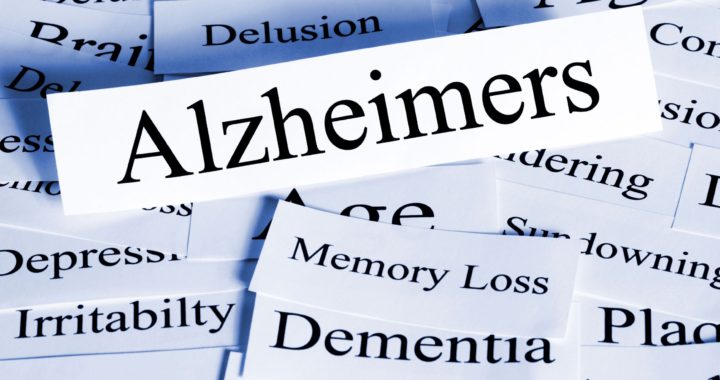By: Todd Wagoner, LCSW
With a diagnosis of early onset Alzheimer’s disease, navigating the world of medical terms can feel like learning a foreign language. While some experts assert that you can learn to speak a foreign language with some fluency in about 48 days if you study the language for 10 hours a day, who has that kind of time, especially when you are caring for someone with early onset Alzheimer’s disease? Understanding medical terminology and following routine medical advice can become overwhelming when the terms keep individuals and care partners from gaining a clear understanding of their treatment plan, medical test results, or medications prescribed by medical providers.
The Journal of General Internal Medicine reports healthcare providers such as physicians, nurse practitioners, and physician assistants use terminology not understood by individuals and family members as often as seventy (70) times per discussion. 1 This communication gap can leave both the care partner and individual with early onset Alzheimer’s disease vulnerable to mistakes in care and heightened stress. Confusion over medical terminology can even lead to a medical emergency, which we want to help you avoid.
What can care partners do to ensure good communication regarding the individual’s plan of care? Here are a few suggestions we hope will help:
- If you are unsure about a particular term or a plan, ask questions. It’s essential to allow yourself to say, “I’m not sure I understand what you mean,” or, “I’m unsure what the plan is, can you please clarify?”
- Repeat what you think you heard back to the healthcare professional, even if you believe you understand, to make sure everybody is on the same page before leaving the conversation.
- You may find it helpful to have another friend or family member present with you and your loved one when complex discussions take place or new information is shared. This person can take notes to document the information shared and recommended plans. If test results or information discussed is upsetting, having someone else present allows the care partner or person with the disease to experience natural reactions or emotions while still being able to leave the appointment with the information you need for the days ahead.
- Ask for any additional information you feel you need or ask to speak with someone knowledgeable about your questions and concerns and who will take the time to discuss them. Medical offices and hospitals hire qualified clinicians such as pharmacists, nutritionists, respiratory therapists, nurses, and social workers who can sit with you and your loved one to address your concerns and help you fully understand whatever you need to know.
The care partner is the best advocate a person with early onset Alzheimer’s disease can have. No one has a more intimate understanding of their needs, wants, and desires as the two of you navigate a complex medical system with its own “foreign” language. You become the individual’s voice to help members of the medical community remember they are treating a person and not just a condition. As a result, your questions, conversations, and concerns help the medical team better address and honor your loved one’s values, goals, and choices. In this way care partners can assist healthcare systems in becoming more person-centered and less disease-centered.
On the Gayle Wells Foundation website, you will find a comprehensive list of terms commonly used by medical professionals when treating someone with early onset Alzheimer’s disease. You can access our list “Common Medical & Alzheimer’s Terms” by clicking here. If you are a care partner and you have found other solutions for navigating medical conversations, we would love to hear what has worked for you or hear your questions as you care for your loved one with early onset Alzheimer’s. If you have questions or need assistance, please reach out to Laura Sutherland, LMSW, at laura@gaylewells.org.
Pitt, Michael B., Hendrickson, Marissa A. “Eradicating Jargon-Oblivion—A Proposed Classification System of Medical Jargon. Journal of General Internal Medicine. November 11, 2019.
https://www.ncbi.nlm.nih.gov/pmc/articles/PMC1496869/pdf/jgi_263.pdf

